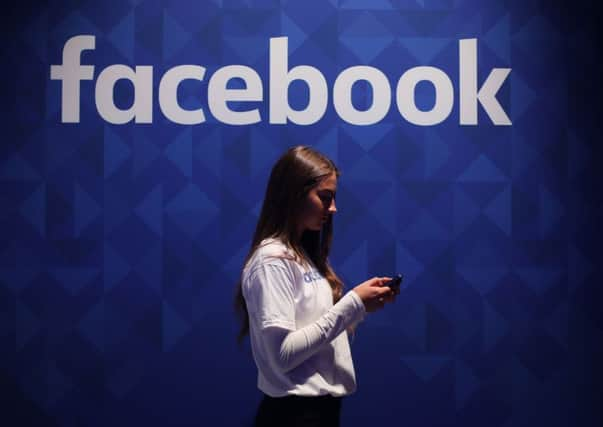Time for web giants to clean up their act... or face the courts


So, videos showing people getting their heads chopped off are easy to find, revenge porn is tolerated, extremist views proliferate, libel is commonplace and yet the online platforms which bring them to a wider audience wrongly claim they are not publishers per se and wash their hands of responsibility, offering an olive branch that they are beefing up their response times to removing unsuitable content.
All journalists are familiar with libel laws. It’s something which is drummed into them right from day one, for good reason. Libel and slander can be an expensive business.
Advertisement
Hide AdAdvertisement
Hide AdI will always remember walking into the (sadly, now closed) offices of The Batley News in 1997 and seeing the insurance certificate displayed on the wall, which said in a very round-about way there was a million quid to hand should the paper ever be sued.
I also recall two specific cases from my training in relation to libel, one of which involved Jason Donovan, the other Niam Leeson.
The former involved now defunct fashion and gossip mag The Face, which implied Donovan was gay while pretending not to be - in other words, it insinuated he was lying. Donovan sued and won.
The other, more interesting case, involved Liam Neeson, who sued The Mirror Group in 1998 after it wrongly said he was about to split from his wife of four years, Natasha Richardson (who died in 2009). In both cases, the plaintiffs turned around to their accusers and said ‘prove it’. Which, of course, they couldn’t. There are other cases, the Lord McAlpine being one such. The late lord, who died in 2014, was wrongly accused on twitter of child abuse by Sally Bercow, who had 56,000 twitter followers, many of whom retweeted her message, while some added to it, dubbing him a ‘paedo’. Comedian Alan Davies also tweeted and he had 450,000 ‘followers’. The point is, they were all wrong. Davies ended up paying £15,000, Bercow paid an undisclosed sum and McAlpine threatened to sue 10,000 twitter users, many of whom wrote to apologise and donate £5 to charity. So maybe the law needs to change. The point is, only if internet firms (as well as individuals) are held responsible, as they should be, for pedalling malicious gossip and slander and find themselves in the courts week in, week out, paying substantial damages... only then will we see proper reform of the web.